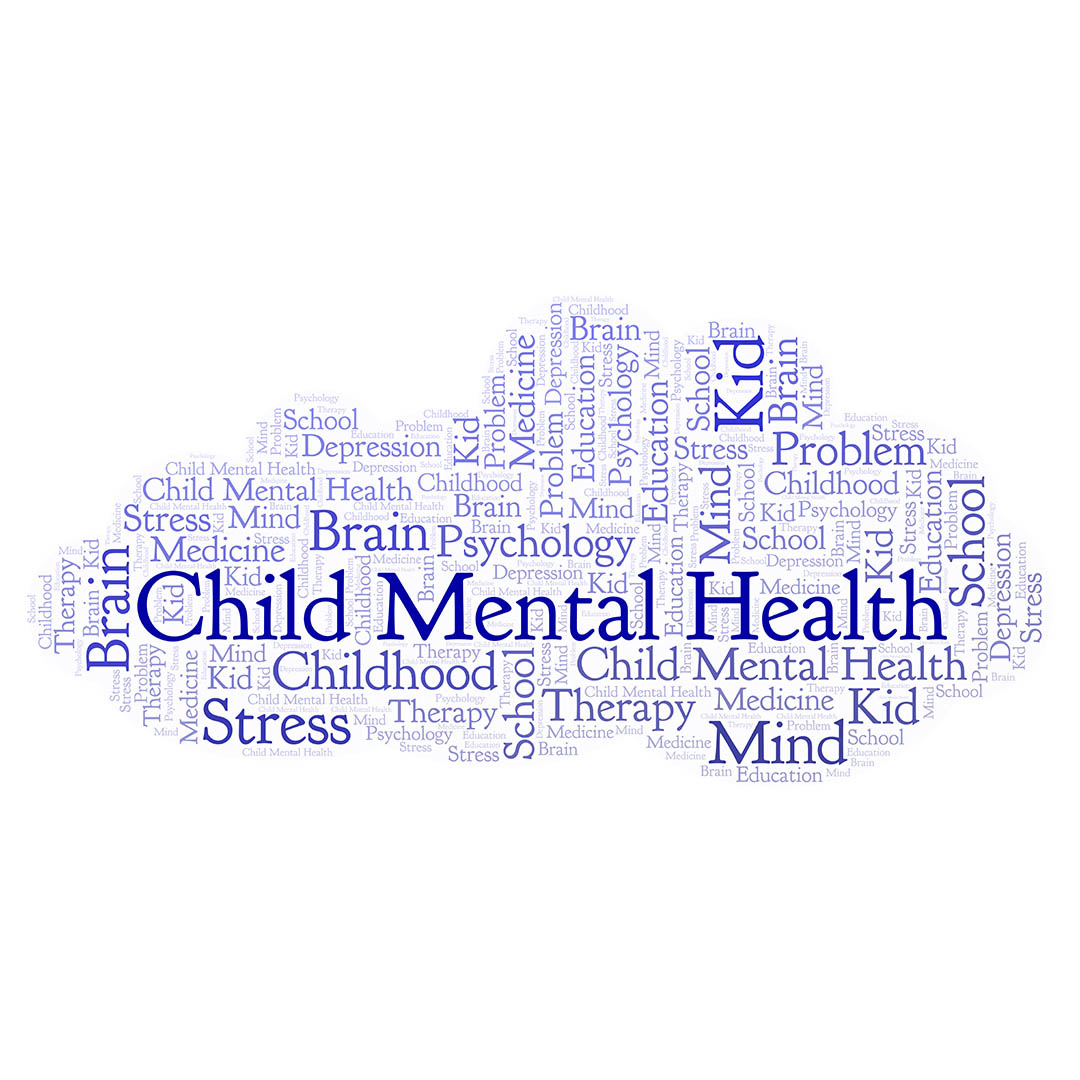America’s youth are facing a surging mental health crisis. With depression, self-harm, and suicide numbers spiking, now is the time to educate parents and caregivers and provide accessible resources and support where needed most.
Youth mental health epidemic: The statistics.
Between 2009 and 2021, the number of American high school students who said they feel “persistent feelings of sadness or hopelessness” climbed from 26% to a record 44%, per the latest CDC study. In addition, for adolescents ages 10 to 19, emergency room visits for self-harm jumped 88% from 2001 to 2019. Further, there’s been a 4.5-fold increase in suicidal ingestion cases among children between the ages of 10 and 12 since 2000 (US News & World Report).
While there is variation in the mental health of our youth among different groups, the big picture tells a bleak story. The Atlantic reports:
“Almost every measure of mental health is getting worse, for every teenage demographic, and it’s happening all across the country. Since 2009, sadness and hopelessness have increased for every race; for straight teens and gay teens; for teens who say they’ve never had sex and for those who say they’ve had sex with males and/or females; for students in each year of high school; and for teens in all 50 states and the District of Columbia.”
Just how did we get here?
While many are quick to point to COVID-19 as the impetus for the current mental health crisis, the truth is that American youth were struggling with these challenges before the lockdown: By 2018, suicide rates for people aged 10–24 jumped almost 60% after plateauing from 2000 to 2007.
However, the pandemic did make things worse. The restrictions on socializing amplified rising feelings of loneliness and depression, resulted in a 45% increase in the number of self-injury and suicide cases in 5- to 17-year-olds in the first half of 2021.
A New York Times article reports:
“The crisis is often attributed to the rise of social media, but solid data on the issue is limited, the findings are nuanced and often contradictory and some adolescents appear to be more vulnerable than others to the effects of screen time. Federal research shows that teenagers as a group are also getting less sleep and exercise and spending less in-person time with friends — all crucial for healthy development — at a period in life when it is typical to test boundaries and explore one’s identity. The combined result for some adolescents is a kind of cognitive implosion: anxiety, depression, compulsive behaviors, self-harm and even suicide.”
What’s more, the article goes on to say that loneliness among adolescents is a common factor among those struggling with mental health issues: “Recent studies have shown that teenagers in the United States and worldwide increasingly report feeling lonely, even in a period when their internet use has exploded.”
Read the full article here.
How to help your child manage mental health issues.
In the same New York Times article, there is a glimmer of hope. The report points to today’s more accepting—and more aware—culture surrounding mental health issues. Whereas these concerns and problems used to carry a stigma, “parents and adolescents alike are more at ease when discussing the subject among themselves and seeking help.”
To help your child, experts agree that parents and caregivers must “be clear and direct and don’t shy from hard questions, but also approach these issues with compassion and not blame.” While it may be difficult to talk about these issues, young people often are desperate to be heard.
For some teens, talking to a parent can be challenging. They might feel judged, misunderstood, or fear causing disappointment. So, that’s when it’s important to seek the help of a professional psychiatrist or therapist trained to help children navigate feelings of deep despair and depression.
Philadelphia Mental Health Center (PMHC) & Delaware Valley Children’s Center (DVCC) offer an experienced Outpatient Psychotherapy Department that includes licensed masters-level therapists, board-certified child and adult psychiatrists and psychologists to administer assessments and testing when needed. We also provide telehealth availability for those who prefer remote sessions. PMHC accepts private pay and most health insurance plans. To learn more or schedule an appointment, reach out to schedule an appointment or call 215-735-9379.
Other ways to help your child improve their mental health.
Experts say that there are essential habits that help promote mental and physical health. Sleep is a big one: Adolescents with developing brains need eight to 10 hours of sleep. Lack of sleep can interfere with development and can impact mood and the ability to learn. Physical activity is also vital to mental and physical well-being. In addition to talking with your child about better sleep, consider helping them discover a new hobby, introduce them to outdoor activity to boost physical health, encourage journaling, spending time with friends and family, and learning meditation or breathing exercise techniques to calm anxiety.
More mental health resources for those seeking help:
- Speaking of Suicide A site for suicidal individuals and their loved ones, survivors, mental health professionals, & others who care—offers a comprehensive list of resources.
- The National Suicide Prevention Lifeline has information and a hotline: 800-273-8255 (TALK).
For children struggling with mental health issues and their parents, it takes strength and courage to reach out for help. And taking that first step is critical to getting on a path to health and wellbeing. When you’re ready, know that we’re here to help. To learn more or schedule an appointment, reach out or call 215-735-9379.

